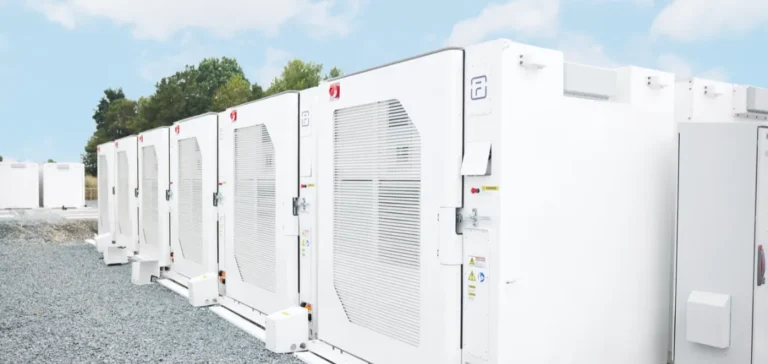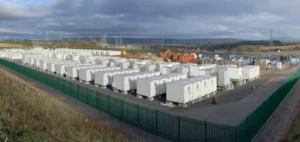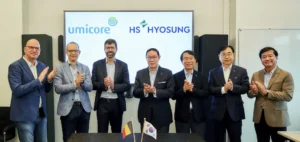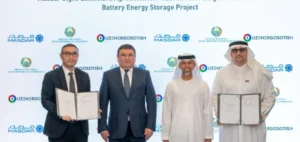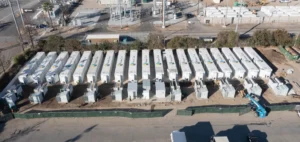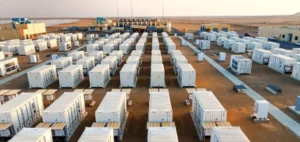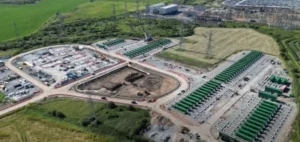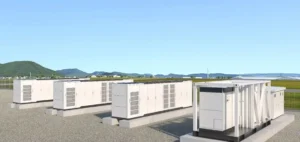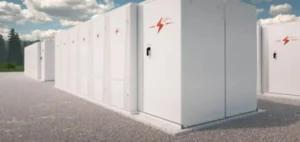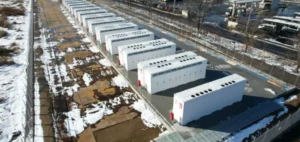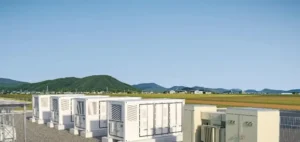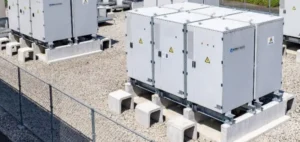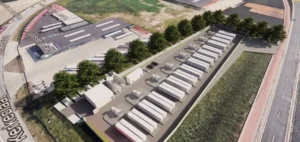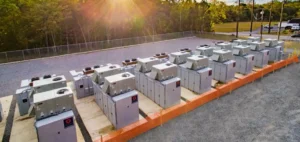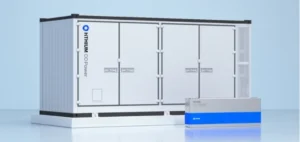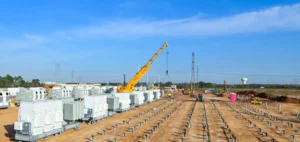Swiss company BKW AG and international developer Zelestra have signed a tolling agreement for a Battery Energy Storage System (BESS) project with a capacity of 2 GWh in northern Italy. This commitment, described as the first of its kind in the country for long-term financing of storage systems, schedules construction to begin in 2027 and full operation by 2028.
A new long-term financing model
The agreement between Zelestra and BKW AG introduces a new contractual structure to the Italian market. The deal stipulates that Zelestra will allocate a share of the system’s generation capacity to BKW, enabling the latter to manage flexibility optimisation on electricity markets. This partnership represents an operational expansion for both players, already jointly developing solar projects in Italy.
This storage project ranks among the largest in continental Europe. It fits into BKW’s growth plan in flexible energy solutions, as grid stability requirements intensify in Italy’s industrial regions. The initiative comes amid a gradual shift in Italy’s power mix, with a projected phase-out of thermal power plants.
Strengthening presence in Italy
The two companies previously collaborated on the implementation of solar projects with a combined capacity of 16 MWdc in Ginosa (Apulia) and Bellomo (Sicily), enabled by a power purchase agreement signed in December 2024. With this new project, the cooperation between Zelestra and BKW deepens, now focused on infrastructure with higher energy and strategic value.
Zelestra reports a project pipeline in Italy of around 1,400 MW, covering both solar plants and storage systems. The company plans to participate in upcoming national tenders, including the Capacity Market and MACSE mechanisms, alongside the FER-X programme for solar.
Targeted market and long-term outlook
Northern Italy is a major industrial hub with high electricity demand and offers a favourable environment for large-scale storage solutions. The increasing share of renewable sources injected into the national grid heightens the need for storage technologies to absorb production fluctuations and maintain system stability.
This partnership is part of an emerging trend to structure the still-nascent Italian storage market. The stakeholders involved are relying on such projects to secure long-term market positions and access new segments linked to energy flexibility.


